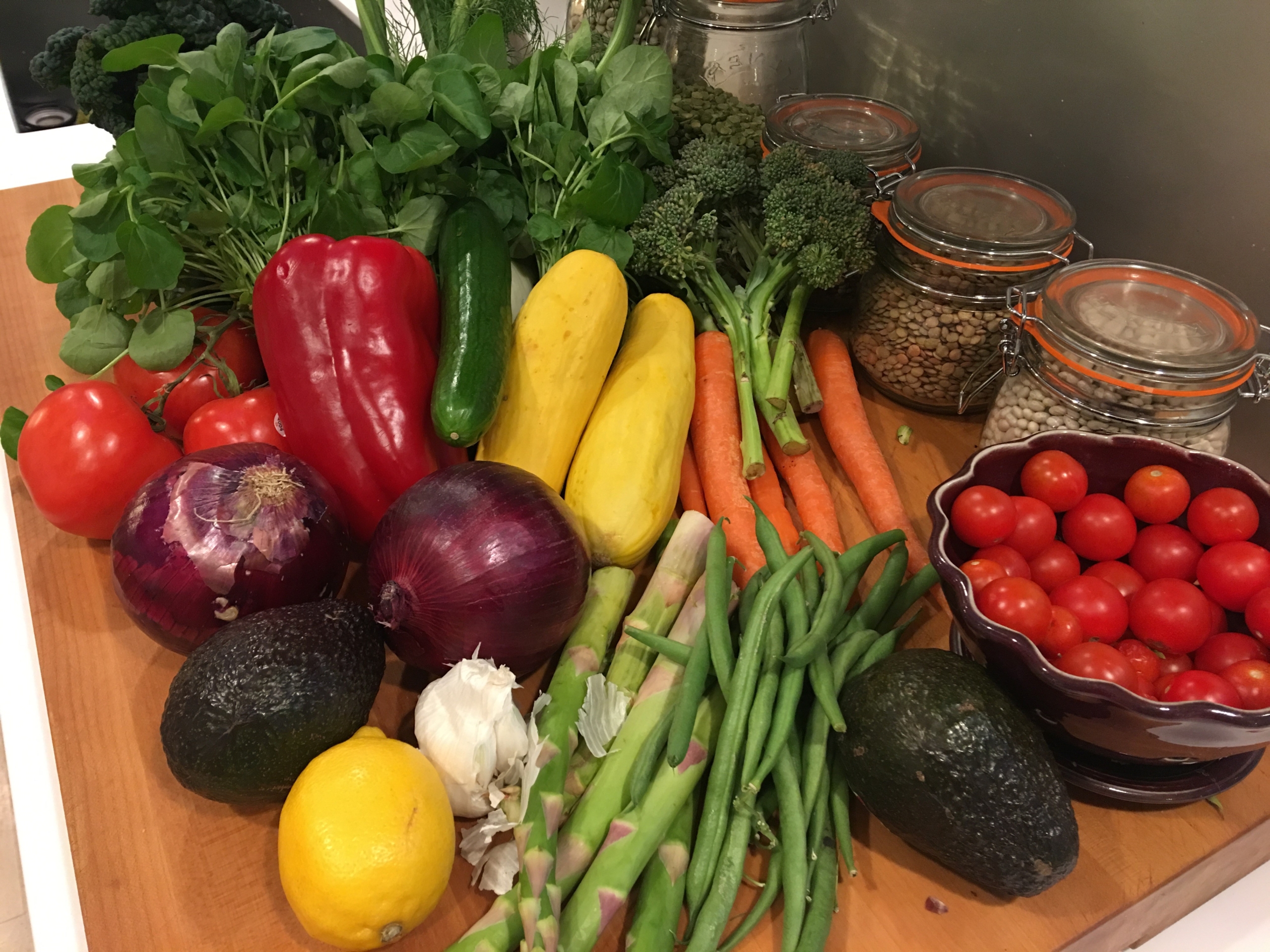

Ovulation issues are a frequent cause of infertility. And polycystic ovarian syndrome (PCOS) is often the part of the reason for the ovulation issue. In fact, 10%-15% of women seeing fertility specialists have PCOS.
Can nutrition make a difference? Yes! The foods you eat can help control PCOS, which leads to improved ovulation.
{{cta(’06b65b73-59c1-45ff-bb9b-a6d1fecd4d91′)}}
How your weight affects PCOS
Women with PCOS often struggle with weight issues, due to a difficulty metabolizing carbohydrates caused by insulin resistance and resulting carbohydrate cravings. When their cells resist insulin, the pancreas makes more and more insulin to do the job, and that high level of insulin can make you hungry.
If you are overweight, losing 5 to 10 percent of your weight can jump-start ovulation. Your doctor may have suggested you aim for a healthy weight. The optimum fertility zone is a BMI of 20-24.
But how do you lose weight if you’re craving carbs? The foods you eat can calm down cravings or ramp them up.

Shifting your diet: choose slow carbs
The best way to calm those cravings is to shift to a diet that emphasizes proteins, vegetables and healthy fats. Choose slow carbs like vegetables and beans more often and less highly processed “fast” carbs like sugar, pasta, rice and potatoes that quickly boost blood sugar and insulin. High levels of insulin work against fertility.
Slow carbs take longer to enter the bloodstream and keep insulin levels in check, you can control those cravings and improve your health. The big bonus: normal insulin levels help you improve hormone cycles that guide ovulation.
This video will show you how to make a go-to dinner featuring a veggie burger as the slow carb. Add an egg and some salad and you have a meal! Nutrition matters. Diet can help you control PCOS and enhance your chance of becoming pregnant.
{{cta(‘a65b5d46-984b-424f-8ee8-3107ded8598e’)}}




